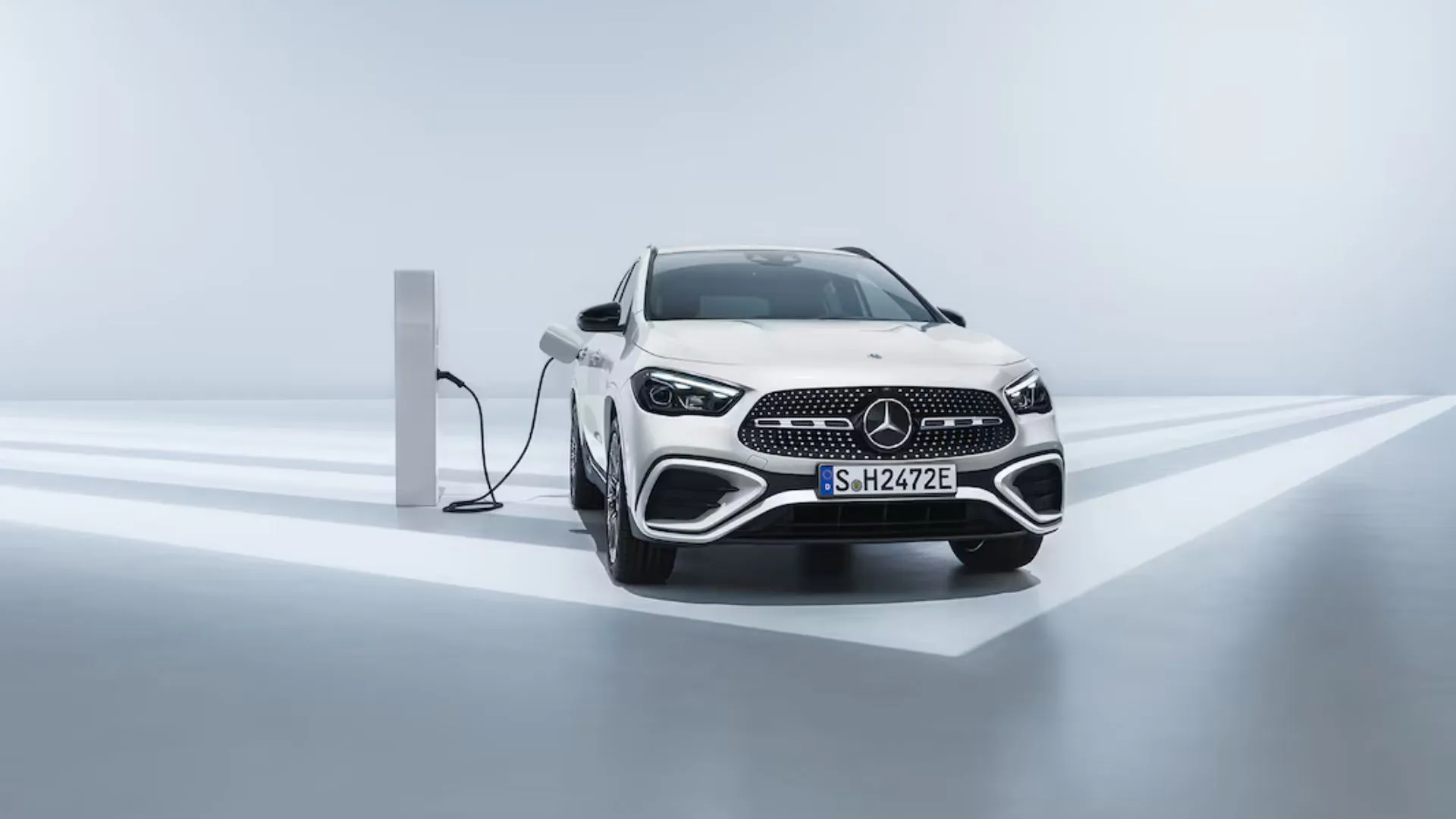Copyright Interesting Engineering

A new study from Germany’s leading motoring association, ADAC, has revealed that battery performance in plug-in hybrid electric vehicles (PHEVs) varies significantly across brands. The research, conducted in collaboration with Austrian battery data firm AVILOO, examined over 28,500 state-of-health (SoH) measurements collected over six years. It compared real-world battery aging across multiple vehicle manufacturers and found that premium automakers like Mercedes-Benz, BMW, and Volvo outperformed mainstream brands including Volkswagen, Ford, and Mitsubishi. The findings indicate that the brand of vehicle is one of the most important factors in predicting how well a PHEV battery will hold up over time. Mercedes-Benz came out on top, showing excellent stability even after extended use, while Mitsubishi ranked lowest in long-term battery health. Mercedes leads the pack, Mitsubishi trails ADAC’s data showed that Mercedes-Benz models maintained stable battery performance up to 200,000 kilometers (roughly 120,000 miles), with minimal degradation detected during regular use. The results suggest that high-end engineering and better battery management systems contribute to superior longevity. In contrast, Mitsubishi’s PHEVs showed noticeable degradation even at relatively low mileages, though this decline tended to level off later in the vehicle’s life. Volkswagen Group and Volvo models performed reasonably well, maintaining consistent results even with heavy electric-only usage. BMW’s results varied widely across models, depending on how much they were driven in electric mode. Ford’s PHEVs, however, experienced early drops in battery capacity, which occurred regardless of driving style or usage patterns. ADAC noted that predictions beyond 120,000 miles were not possible for some brands due to limited data samples. Most PHEVs still perform well over time Despite the variations between brands, the study concluded that most PHEV batteries retain more than 80 percent of their original capacity after 120,000 miles. That figure aligns with expectations for a typical vehicle lifespan and suggests that hybrid batteries remain reliable for many years of daily use. As ADAC summarized, this does not mean that vehicles from lower-ranked brands, such as Mitsubishi, are unreliable or unsuitable. “The ADAC results shouldn’t be interpreted to mean that the Mitsubishi PHEV models aren’t perfectly serviceable, reliable offerings – just that some cars that cost a lot more than the Mitsubishi tend to have batteries that last a little longer under typical driving conditions,” the study noted. In essence, higher-end vehicles seem to benefit from more advanced battery management and higher-quality components, which translate to better performance and slower degradation. Choosing the right powertrain for your lifestyle The study also reinforced that the best vehicle choice depends largely on driving habits. For those who frequently drive short distances on electric power alone, ADAC suggests that a fully battery-electric vehicle (BEV) may be the smarter option. BEVs typically undergo fewer charge cycles compared to PHEVs, which helps preserve battery health over time. “ADAC also adds that, if frequent electric-only trips are on your agenda, a fully battery-electric vehicle may be the smarter pick, as their batteries go through fewer charging cycles and tend to last longer than PHEV batteries as a consequence,” the report stated. Ultimately, the findings emphasize that understanding your driving needs and aligning them with the right powertrain can make a major difference in battery longevity. Whether opting for a PHEV or a fully electric vehicle, regular maintenance and thoughtful use will help ensure the battery remains healthy and efficient for years to come.



